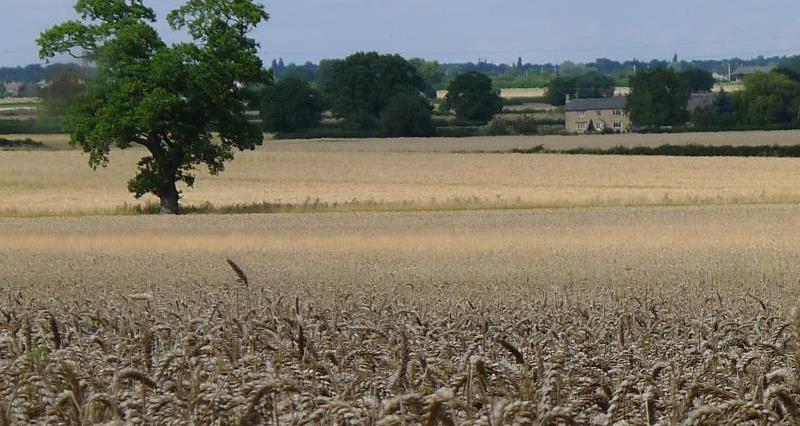Perhaps more importantly, we are meeting to discuss how the farming sector would cope with the effects of a possible second dry winter, particularly in the south and east of England.
Our general view is that a potentially difficult situation has been avoided this year because of sporadic rainfall ‘just in time’. Weather patterns were very localised and so were the impacts on farms.
Looking forward, we are particularly interested in the outlook for 2018. Whilst much can happen before then, we are beginning to discuss how our sector would cope with and react to a second dry winter.
During the growing season now coming to an end, the impact of 10 consecutive months of ‘lower than average rainfall’ was offset by a starting point of full aquifers and free-flowing rivers. We are in a potentially worse position going into autumn and winter 2017.
We would like to hear members’ views on how you have coped this year and your outlook for 2018. Please send your comments to cGF1bC5oYW1tZXR0QG5mdS5vcmcudWs=
-Where do you farm and what is your main farm type?
- What impact has the dry weather had on your crops and livestock?
- What would have happened if the summer had been even drier?
- If you irrigate crops, did you need to change your water management?
- What changes, if any, have you made since 2012 to make your farm more drought resilient?
- Did you get any advice from the Environment Agency this year and was it useful?
- Will you be taking any actions to manage dry weather before the end of this growing year?
- How and when will you prepare for a possible dry 2018?
Please send your commets to cGF1bC5oYW1tZXR0QG5mdS5vcmcudWs=
